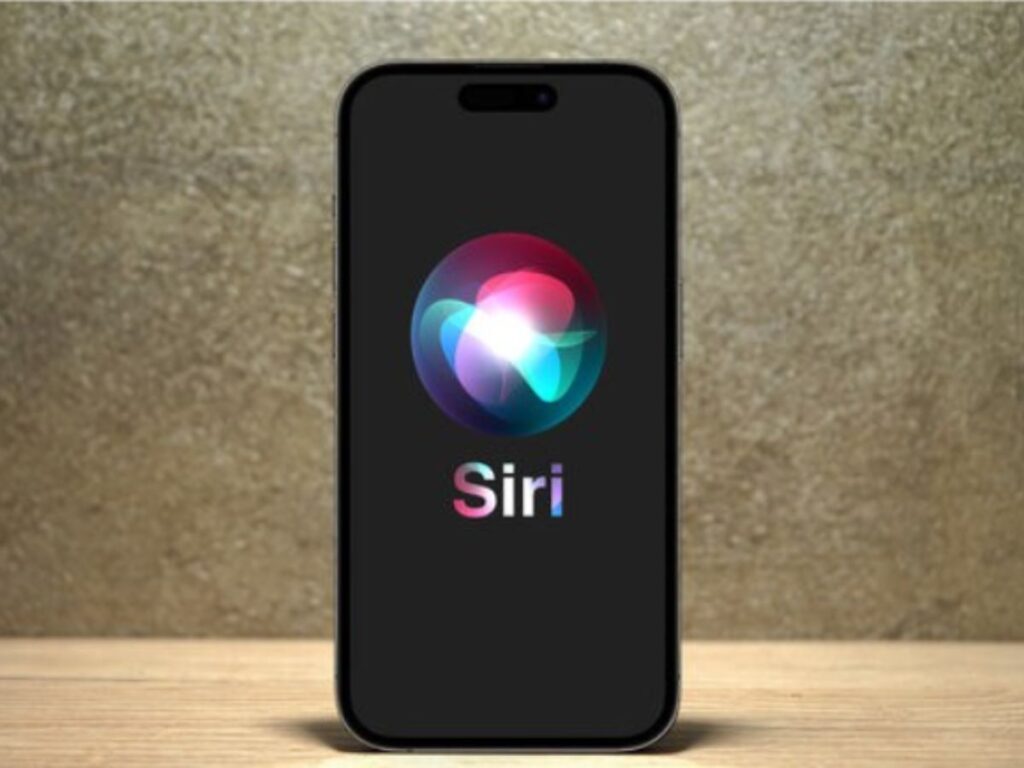On April 25, 2024, Judge Richard G. Andrews from District of Delaware found that Siri, the digital assistant produced by Apple, is not subject to the patent marking requirement pursuant to 35 U.S.C. § 287(a) because it is an intangible product.
Plaintiff IPA Technologies Inc. (“IPA Tech”) owns two patents directed to software-based architecture that “supports cooperative task completion by flexible and autonomous electronic agents.” IPA Tech licensed the patents to Apple, who used them to develop Siri. In 2018, IPA Tech sued Microsoft, alleging that Microsoft’s virtual assistant, Cortana, infringed these patents. During the suit, Microsoft identified Siri as an unmarked product.

35 U.S.C. § 287(a) provides that the patentee or anyone who is making and selling any “patented article” needs to mark its product with relevant patent number(s) to put the public on notice of the patent(s) to be eligible to obtain pre-suit damages for infringement of the patent. The consequences for failing to mark are significant: “[i]n the event of failure so to mark, no damages shall be recovered by the patentee in any action for infringement, except on proof that the infringer was notified of the infringement and continued to infringe thereafter, in which event damages may be recovered only for infringement occurring after such notice.” 35 U.S.C. § 287(a). Where the asserted patent contains both apparatus and method claims, the patentee is required to mark “a tangible item”, if one exists, in order to comply with section 287(a). See Am. Med. Sys., Inc. v. Med. Eng’g Corp., 6 F.3d 1523, 1538–39 (Fed. Cir. 1993).
In this case, the parties disputed whether Siri is a “tangible item” that must be marked, as the asserted claims from one of the asserted patents were method claims. IPA Tech moved for summary judgement, arguing that Siri is a “cloud-based service run from servers that are not sold or publicly available” and therefore “there is no tangible item to mark.” Microsoft disagreed, arguing that Apple, who was the licensee to the asserted patents and “subject to [IPA Tech’s] direction,” could have marked its website. In granting IPA Tech’s motion, the Court recognized that “[t]here appears to be a consensus that ‘a patentee must mark a website either where the website is somehow intrinsic to the patented device or where the customer downloads patented software from the website’” (citation omitted). Next, the Court considered several webpages identified by Microsoft. The Court found that the relevant webpages were Apple’s press releases related to Siri and Apple’s operating system. As such, the Court found that these websites “do not qualify as ‘intrinsic’ to the Siri product.” Based on this finding, the Court ruled that Siri is an intangible product that does not require marking.
This case is a good and relevant reminder that patent practitioners and patentees need to evaluate carefully whether any relevant websites are “intrinsic” to these products, and if the websites are “intrinsic,” mark them or potentially lose entitlement to pre-suit damages under Section 287.
